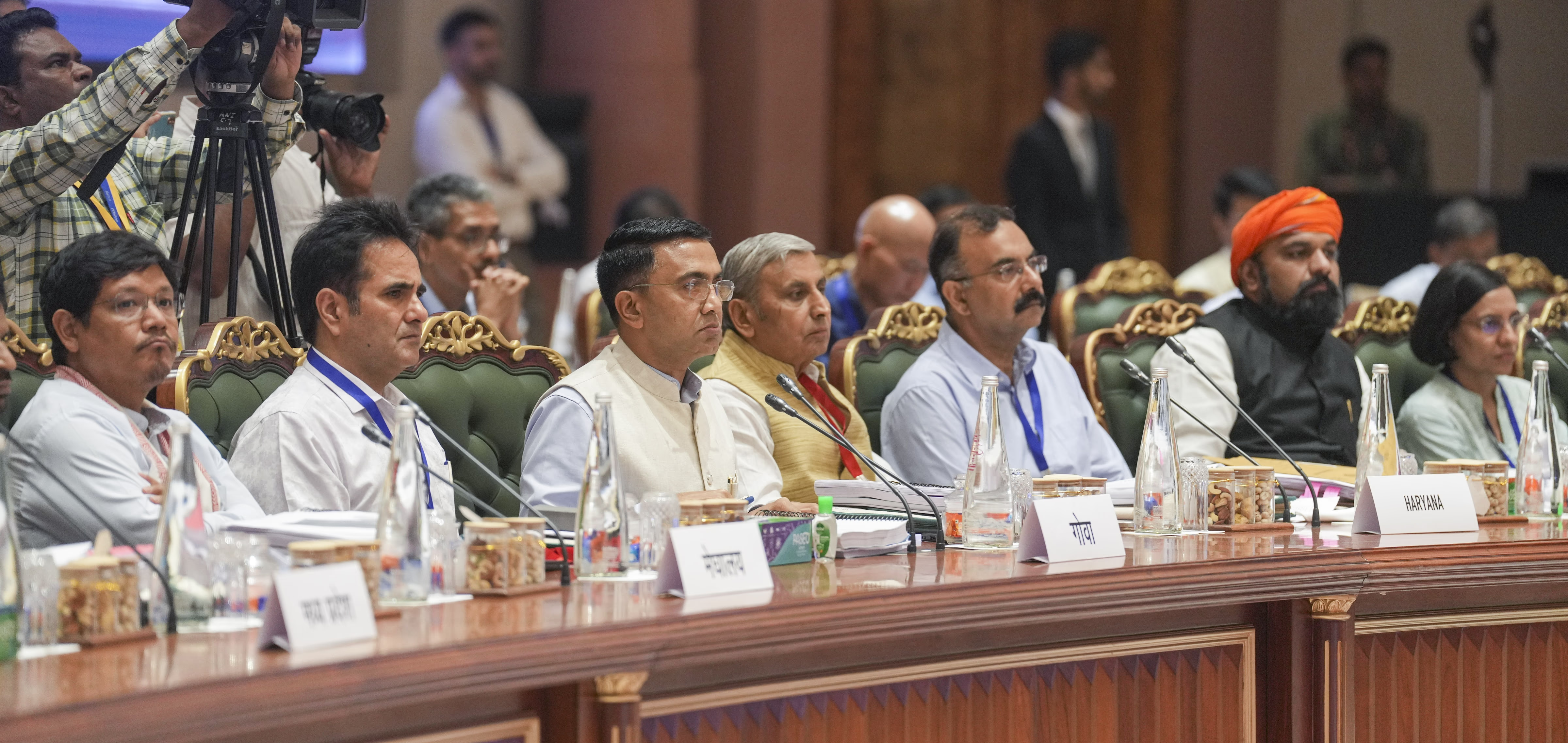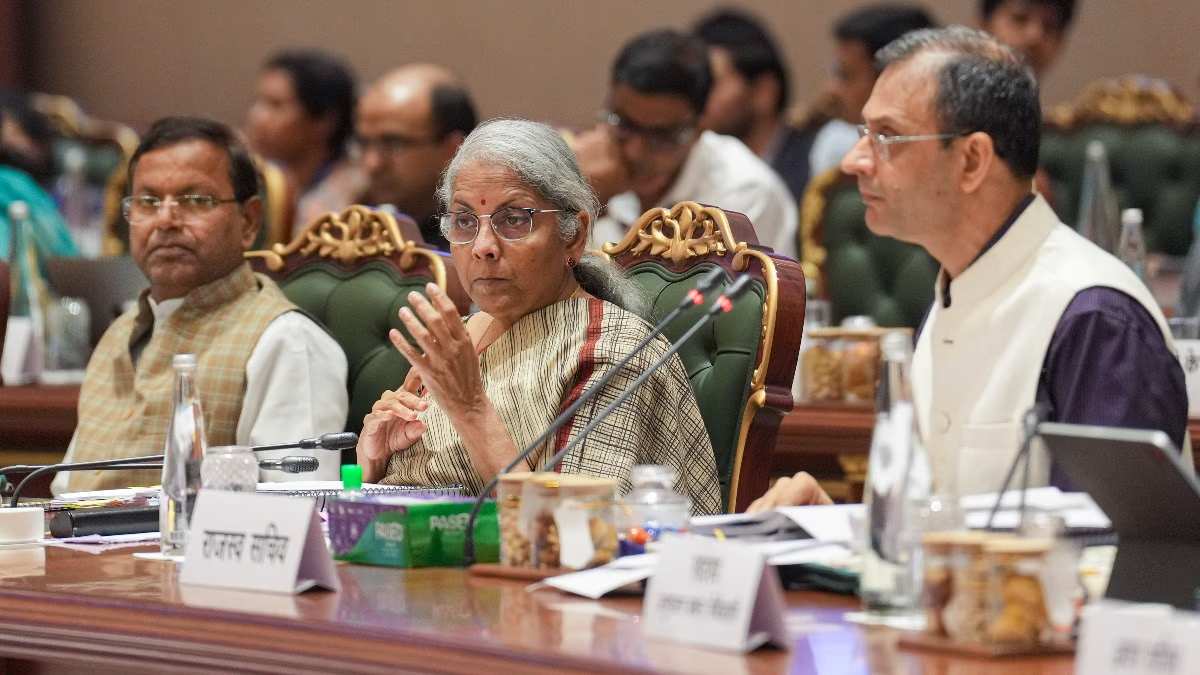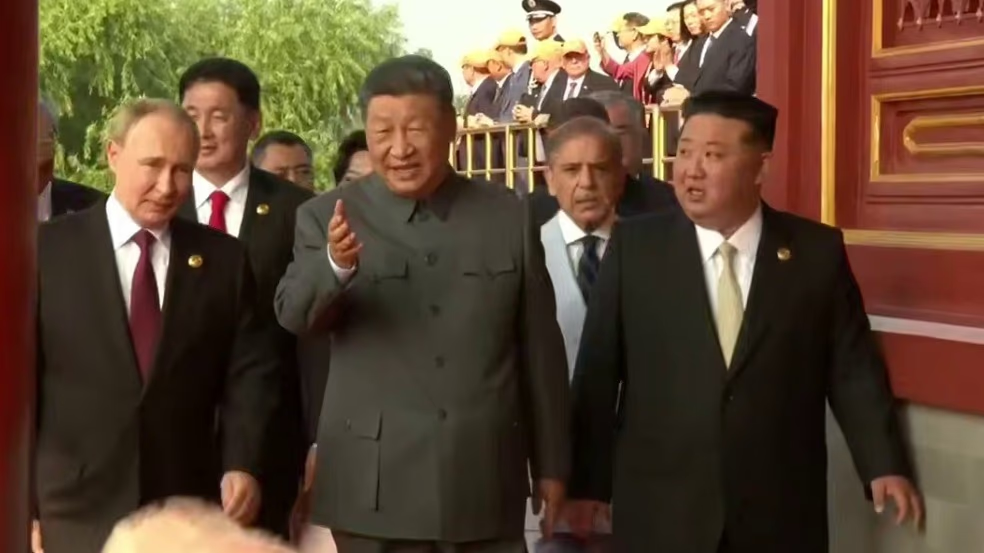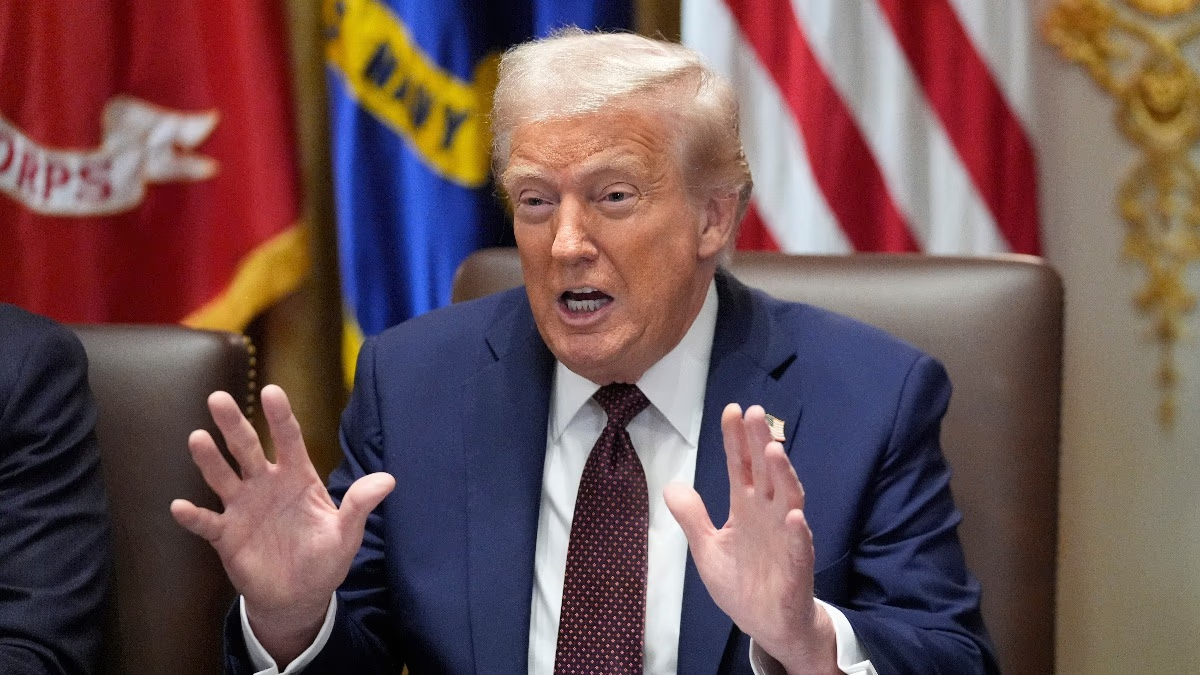The 56th meeting of the GST Council is taking place on Wednesday and Thursday. Prime Minister Narendra Modi, during his August 15 speech from the Red Fort, emphasized reforms in the Goods and Services Tax, raising high expectations from this meeting. Over the two days, revisions in GST rates and a reduction from four to two tax slabs may be approved. The government is striving to simplify the tax structure, which is why there is a strong focus on GST reform.
Who are the Members of the Council?
The GST Council is India's apex body for formulating policies and regulations concerning Goods and Services Tax. It is a constitutional body formed under Article 279A. The Council aims to foster coordination between the central and state governments regarding the tax system and is responsible for making all significant GST-related decisions. Both the central and state governments participate in the decision-making process of the Council, and the members include central government ministers and state finance ministers.
Read More:
The country's Finance Minister is the Council's chairperson, currently Nirmala Sitharaman. Alongside, the Minister of State for Finance or another designated central minister is also a member. The finance ministers of all states and Union Territories also hold membership. Presently, the Council includes a total of 33 members, comprising 31 state and UT representatives and two central government representatives.
How Decisions Are Made
Decisions in the Council are made either through consensus or voting. Generally, extensive deliberations lead to consensus agreements, minimizing the need for voting. However, for certain complex issues, voting may be necessary. A three-fourth majority, or 75% of the total votes, is required to approve a decision in the Council.

Source: aajtak
In terms of vote weightage, the central government holds a one-third share, approximately 33%. All states and Union Territories combined own two-thirds of the vote, about 66.67%. Thus, each state holds roughly a 2.15% voting weight. For instance, if all 33 members cast their votes on a proposal, the center holds 33%, while the remaining 66.67% is shared among the 31 states and UTs.
Voting Share Distribution
Decisions require 75% votes to pass. This means the center (33.33%) needs support from at least 20-21 states (approximately 43-45% votes), totaling over 75%. The structure ensures the center cannot unilaterally pass proposals and requires most states' agreement. Conversely, if the center opposes a proposal, states would need 27-28 of the 31 states' support to reach the 75% vote requirement, presenting a challenging task.
The Role of the GST Council
Aside from setting tax rates, the council is responsible for dividing tax revenue between the center and states, compensating states for losses, and deciding GST applicability on goods or excluding them. However, states are not bound to follow the council's decisions and can block any decision's implementation within their jurisdiction.
Read More:
States governed by opposition parties like West Bengal and Karnataka sometimes disagree with the council's decisions and may not implement them. Some states argue that the central government's one-third voting power can overpower states. Although each state's voting weightage is equal, their influence may exceed larger states, which contend with different economic dynamics.
Will Tax Slabs Change?
Introduced on July 1, 2017, GST aimed to unify multiple taxes under 'One Nation, One Tax.' Previously, tax rates for the same goods and services varied across states, complicating business operations. GST has eliminated these issues, installing a nationwide tax system. The GST Council was formed to enforce a unified tax system and collaborate with states.
This time, the GST Council meeting aims to simplify tax slabs further. Currently, there are four slabs: 5%, 12%, 18%, and 28%, proposed to be reduced to 5% and 18%. According to the proposal, essential goods and services will be taxed at 5%, while other items fall into the 18% slab. However, some states are opposing the proposal citing substantial revenue loss concerns.




